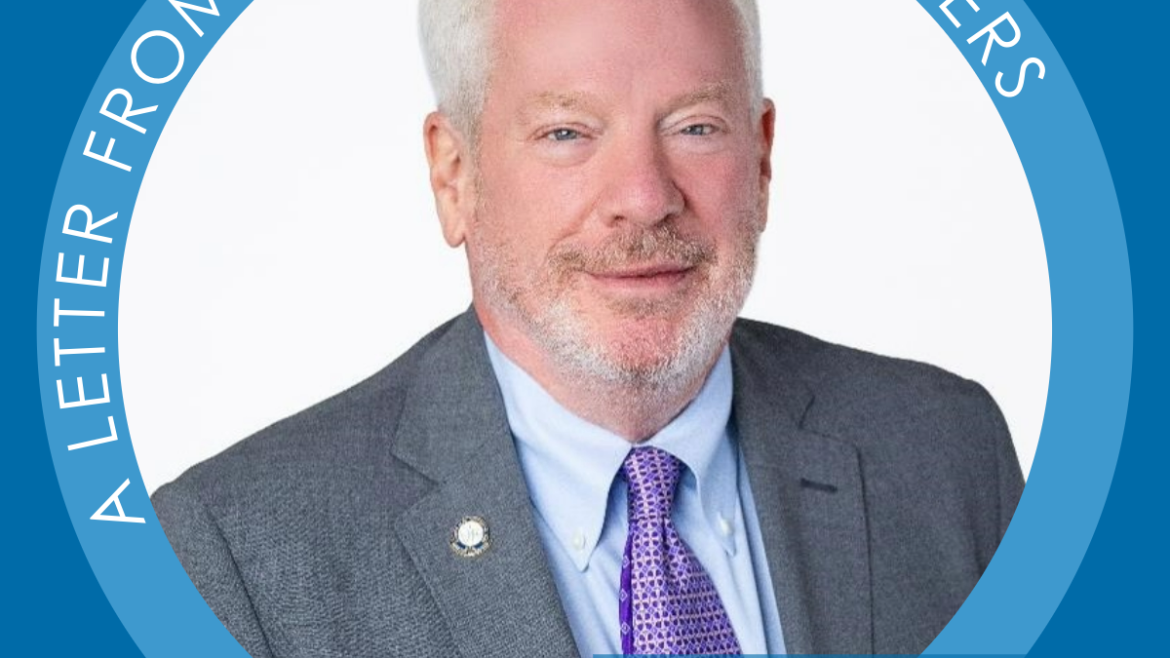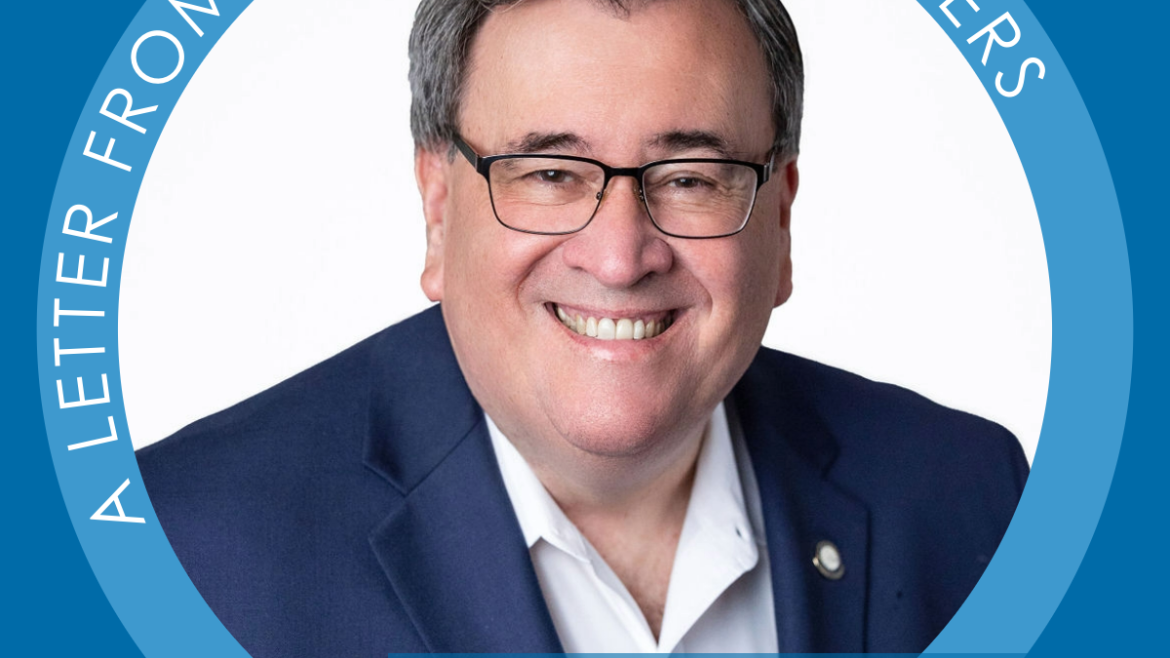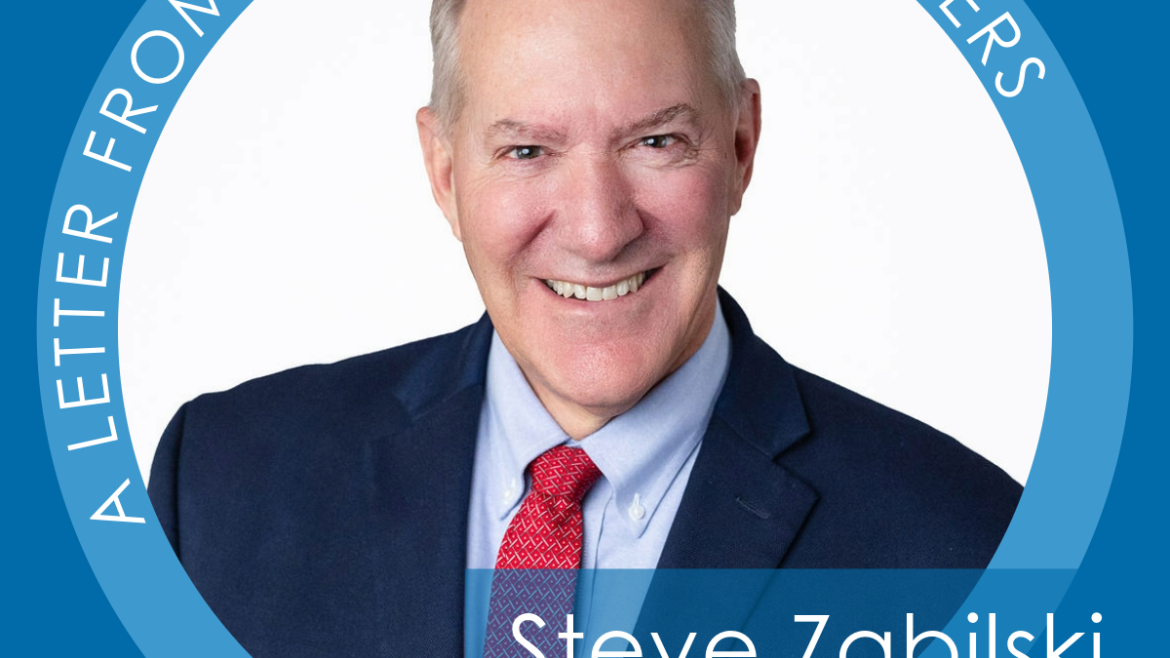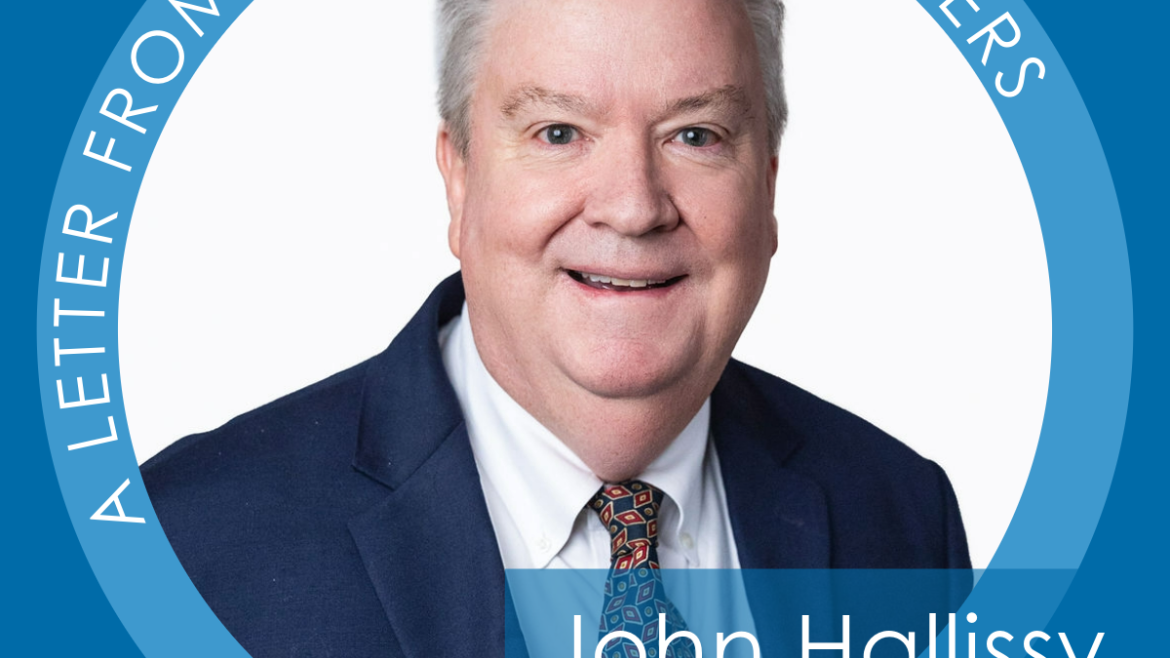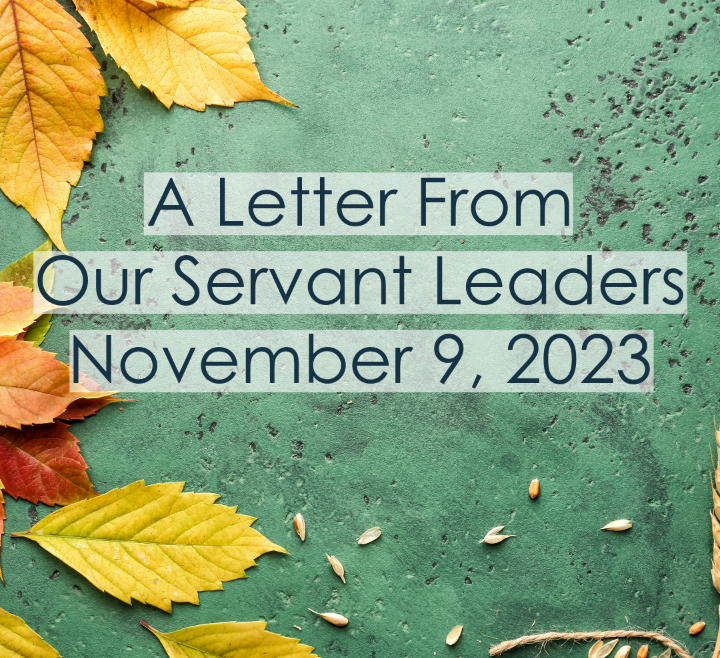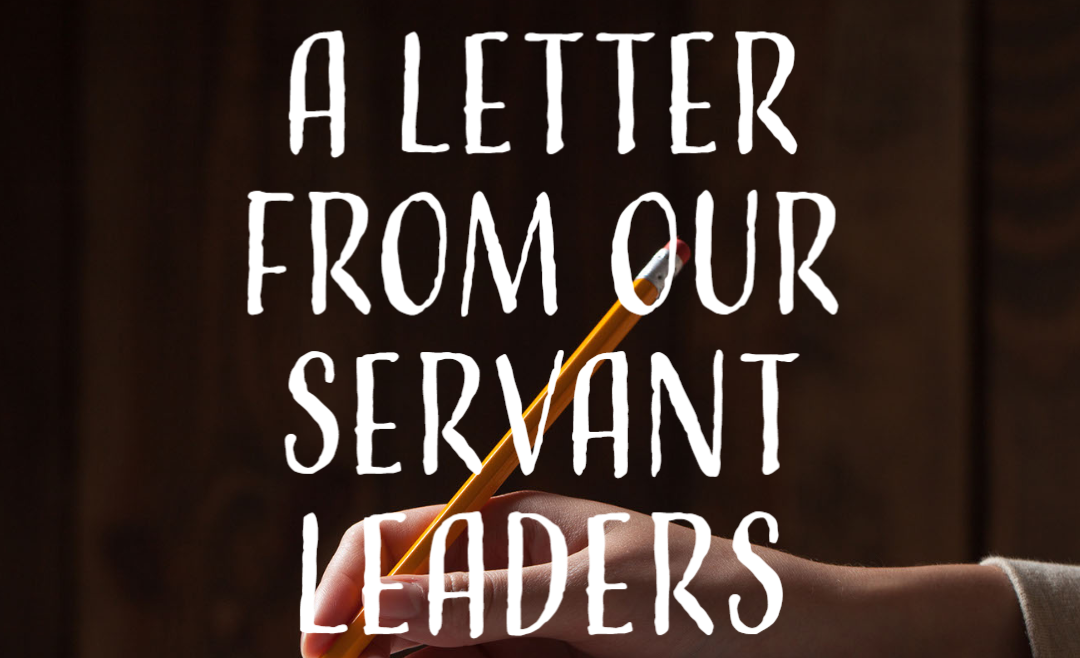Well, here we go. We have been reflecting on change recently, and just as we begin a new year where change and how we are going to adapt to it will be a major focus of discussion and discernment for us all — a substantial change is announced.
Last week, Dave Barringer made public his plans for retirement. If his ‘retirement’ is anything like Ralph Middlecamp’s or mine, it just means he will be working just as hard for the Society… but — as my Archbishop once told me — for indulgences rather than dollars. Seriously though, Dave has done a wonderful job for us and replacing him won’t be an easy task. Luckily, he gave us notice that this was coming long before my election. So the Board and I already have a search firm working on finding a successor, and hopefully there will be a seamless transition in September.
In 535 BC, the Greek Philosopher Heraclitus is purported to have said, “The only constant in life is change.” And there really wasn’t a heck of a lot going on back then, right? He’s probably talking about a couple of changes a year, maybe two a month in a crazy time. Heck, it took three months for a letter to get from Rome to Athens! (And talk about change — letters were chiseled on a stone tablet. Think about that postage stamp today.) So, can you imagine what he would be thinking about change today? In today’s world, change comes at a dizzying pace.
Back in the 17th century, when Vincent de Paul was championing the cause of the less fortunate, the world was a tad different too. No smartphones, no internet — can you imagine? Encounters were purely face-to-face, and if you needed directions, you had to ask an actual person instead of Siri. Ah, the good old days!
Fast forward to the 21st century — our opportunities to create Encounters with those we serve have evolved. We are not just knocking on doors; we are navigating through virtual spaces, sending emails, and sharing information with other organizations. While we may miss the simplicity of the past, it is important that we embrace the opportunities that technology offers to expand our reach and impact. We can, must, and do leverage technology and change to maximize our ability to create personal Encounters with those we serve. But we cannot, must not, and never can allow technology and change to replace the human-to-human Christ-centered Encounter that embodies who we are.
Frédéric Ozanam once said, “Charity must never look beyond the needs of the present hour.” Wise words, indeed. Our ability to expand our encounters may have transformed, but the essence remains the same — addressing the needs of the hour through the Encounter has not changed. We sit with people. We pray with people. We talk with people. We serve people. We do not serve computers. We do not serve phones. We do not serve paper. As some of our trucks and signs say, “We serve people.”
Technology can be — and is — our friend. Picture Saint Vincent de Paul trying to send a text message with quill and ink — “Help needed at the soup kitchen. Bring bread!” The challenges of communication in the 1600s…so much easier with an iPhone, eh?
And Frédéric Ozanam might have appreciated the convenience of a group chat — “Team, we have a mission! Let us band together and make a difference. Who’s bringing the coffee?” Because come on, let’s be real, coffee is essential for any charitable endeavor.
As we navigate these changing times, let us remember the spirit of Vincent and Frédéric. Our Encounters are a testament to the enduring power of compassion. Each interaction is a chance to bring warmth, understanding, and a touch of humanity into someone’s life.
As we embrace change, and use it to do what we do better, we must make sure we also continue to cherish the human encounters that define the Society of St. Vincent de Paul. Whether it is a 17th-century doorstep in the slums of Paris or a 21st-century personal Encounter in the suburbs of Atlanta (set up through a text message to the caseworkers that came from the Vincentian on Intake who took a call off the Conference phone line), our commitment to serving with love remains unwavering.
Peace and God’s blessings,
John
John Berry
National President

